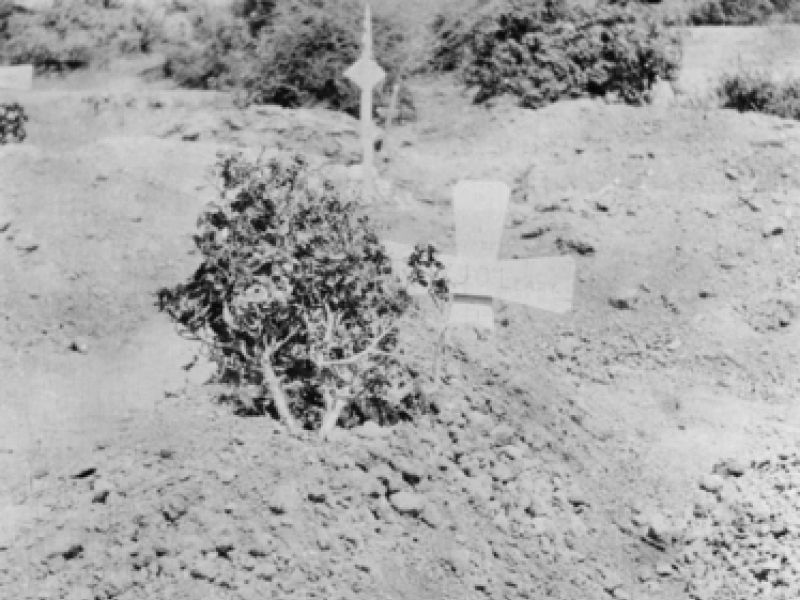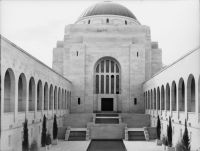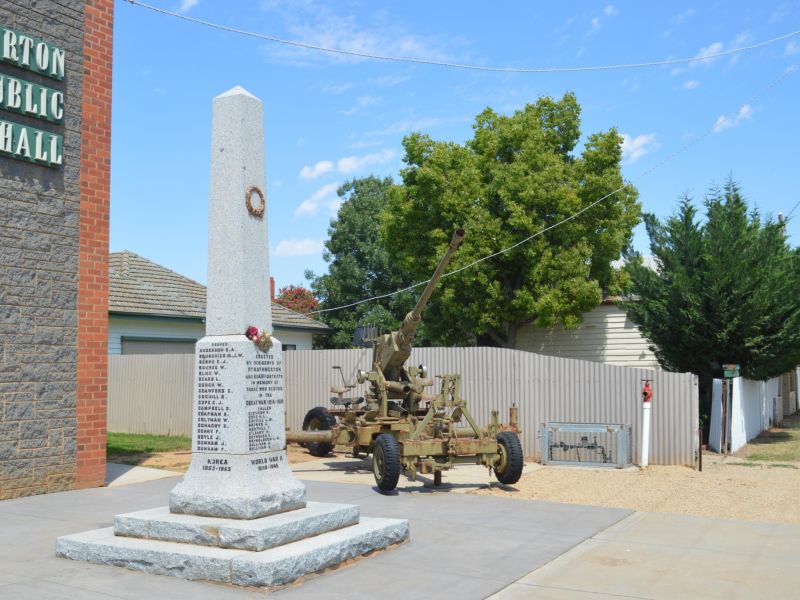Trooper William John O’Leary, 4th Australian Light Horse Regiment
William O’Leary was born in Melbourne to Arthur and Margaret O’Leary. At the time of the outbreak of the First World War in August 1914 he was a farmer in Strathmerton, a small village 250 kilometres north of the Victorian capital.
O’Leary enlisted in the Australian Imperial Force within weeks of war being declared. An accomplished horseman, he was assigned to the 4th Light Horse Regiment, a cavalry unit for the AIF’s 1st Australian Division.
The regiment set sail from Melbourne in October 1914 and when it reached Egypt, set up camp on the outskirts of Cairo and undertook training. Months later, on 25 April 1915, the first Australian troops went into action, landing on Gallipoli as part of the Australian and New Zealand Army Corps.
The light horse were considered unsuitable for the initial operations on Gallipoli, but were deployed without their horses to reinforce the infantry. The 4th Light Horse Regiment landed on 22 and 24 May and its squadrons were scattered among the infantry battalions already ashore.
O’Leary was a machine-gunner. On 15 June he was in the machine-gun trench when it was fired upon by Turkish artillery. In a letter that was later published in the local newspaper, one of O’Leary’s friends recorded what happened:
“They put 26 shells either just over the trench or into the dirt thrown up in front. One big shell fell right in the trench, and caught poor old Bill. It tore off one leg and shattered an arm … The plucky chap never lost consciousness, and when he was placed on a stretcher to be taken back to the beach he asked for his pipe. It could not be found, but somebody gave him a cigarette, and he smoked and joked with the boys till the end. He died one of the pluckiest deaths a man could possibly die, and his name for pluck and endurance is a byword with the regiment".
O’Leary was buried in the Shrapnel Valley Cemetery that evening. His commanding officer, Lieutenant William Dunlop, later wrote to his family, saying:
“He died quite peacefully, and, thank God, without pain. The priest was with him at the last. All his comrades were very fond of him, and he was held in high esteem by his officers. I am sure it will be a consolation to you to know that he died a hero’s death, with never a murmur or grumble from the beginning to the end. I never wish to meet a braver man. I can say honestly that I and all who saw him were amazed at his high courage, and he has left an example that will be very hard to follow.”
- AWM Roll of Honour https://www.awm.gov.au/collection/R1658539

 Australian War Memorial
Australian War Memorial